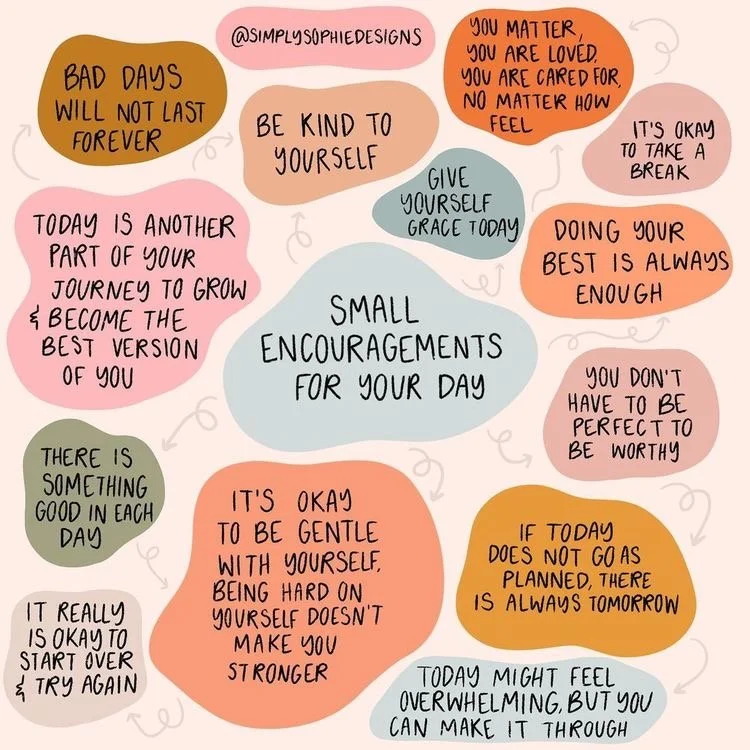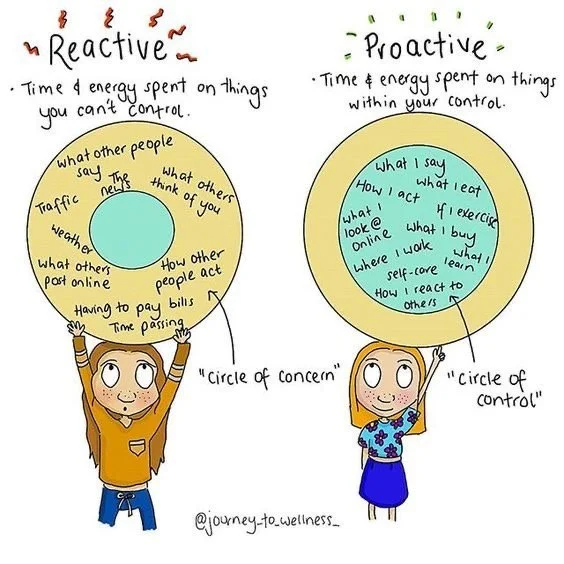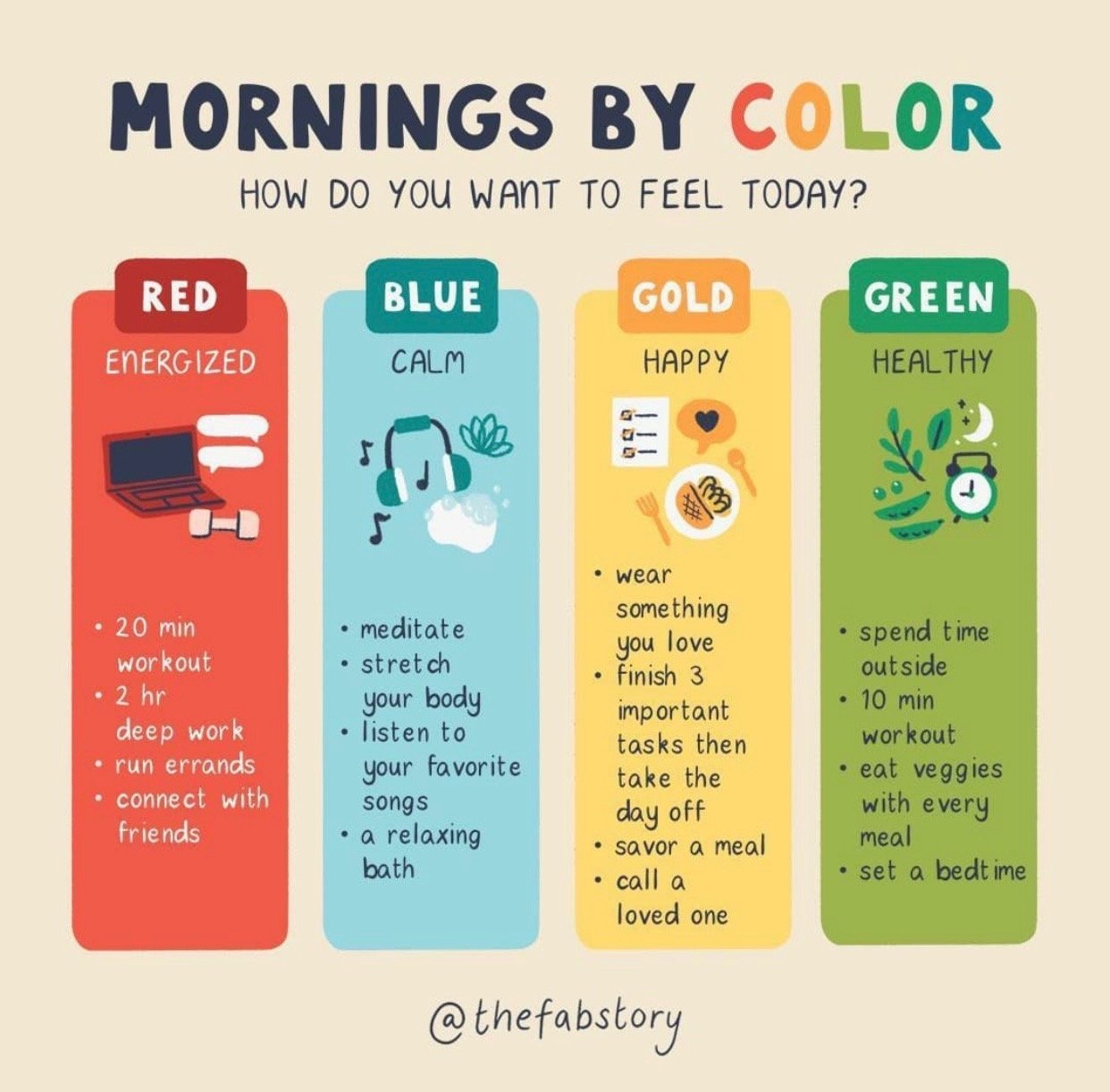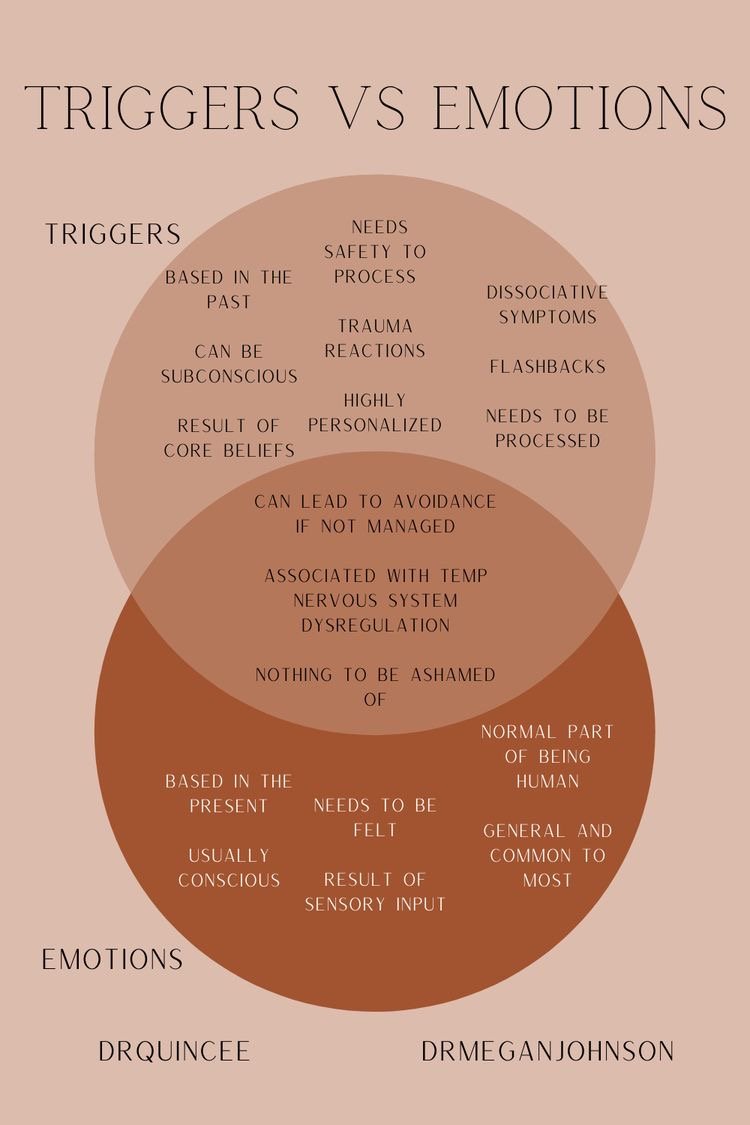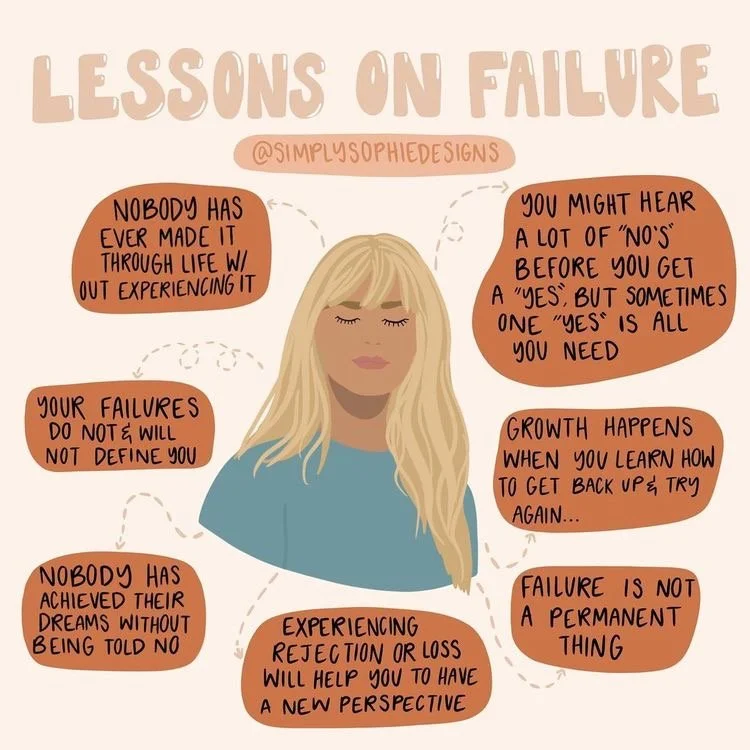Dec 01, 2021 1:15 PM
Author: Leann Bentley, Social Media and Communications Specialist, HMHI
The holiday season may be “the most wonderful time of the year," but it’s the most dreaded for some. The holidays fill the air with happiness and cheer, yet they can also carry stress and sadness for many people, especially those who deal with an underlying mental health condition.
Rachel Weir, MD, a child and adolescent psychiatrist at Huntsman Mental Health Institute, shares her expertise and tips on making this holiday season more enjoyable—for everyone.
It’s essential to recognize how you are feeling, Weir says. If you notice yourself feeling more down, irritable, tearful, or exhausted, or having more difficulties with your sleep or appetite than usual, it’s time to ask for help.
If you have already been diagnosed with depression or an anxiety disorder in the past, it may be time to check in with your treating clinician to see about adjusting your treatment. If you have never been diagnosed with depression but are experiencing some of the symptoms above, you may consider seeing your primary care provider or a mental health professional to assess and possibly start treatment.
Changes in Mood Could Be Telltale Signs
Many things can help your changing mood that are outside of traditional treatment. “It’s imperative to realize when your mood starts to fall, there is usually a drop in activities that contribute to positive mood,” Weir says. “When you start to feel bad, you tend to do less, and when you do less, you can end up feeling even worse.”
Avoiding Holiday Stress and Anxiety
“Too often, we act based on how we feel, rather than what we should be doing, or what is best for us,” Weir says. “We let these negative feelings take over—thoughts like, ‘I don’t feel like seeing a friend’ or ‘I feel like having a drink,’ etc. These thoughts can be clues that we are acting based on a negative feeling. When we are not feeling our best, we don’t feel like doing much of anything positive.”
Here are a few suggestions from Weir to avoid—or cope—with the holiday blues.
Follow a schedule. “It’s important to schedule things and ideally have someone like a friend, family member, or therapist hold you accountable to following through,” Weir says. Writing down your schedule for the day makes it easier to stick to a plan.
Write things down. “Write down things that help you boost your mood and note what you are doing when you are feeling your best,” Weir says. Even something as simple as keeping a journal or writing on a sticky note or notepad can help you reflect and see the patterns on days that you felt better. Then, you can use those tips for days that are harder.
Limit your alcohol use. “This can be hard to do during the holiday season due to festivities and how frequently people tend to turn to alcohol to cope with stress,” Weir says. “But excessive alcohol use can have a harmful effect on mood and sleep.” Try to limit alcohol to holiday social events and no more than 1-2 drinks in one sitting. Or ditch the alcohol entirely and enjoy other holiday beverages like cider or hot chocolate.
Plan something for yourself after the holidays. A vacation, even if short, can really boost spirits. Having something to look forward to is important, and this does not have to be an expensive outing. Even a day out with one or two people you care about can lift your mood exponentially.
Watch what you are eating. “It’s completely normal to splurge on holiday cookies and treats during this time, and that’s okay,” Weir says. “But try to balance the indulgence by planning healthy meals on days when you don’t have social events or plans.”
Volunteer. Giving back to your community and to others in need can be a great way to do something positive that helps you as well as others. Volunteering can also be a great way to connect with people who may share similar interests if you are feeling lonely. Many people volunteer or donate during the holiday season, but try to turn this into a year-round activity, even if you can only give a few hours per month.
Limit your time on social media. “Social media doesn’t always make people feel better, and there is growing concern it may make your mental health worse,” Weir says. Social media can be overwhelming at times, but even more so around the holidays, when people have more free time on their hands to use their devices. However, Weir reminds us that “people’s lives aren’t as rosy as they portray on social media - this can be hard to realize when you are feeling low. So limit your time on your devices, and spend time doing the things you do enjoy with the people you care about.”
Set boundaries. Be comfortable with saying no to things, and to people that may cause you stress. Setting healthy boundaries with things, people and family is even more important during the holiday season.
The holidays are to be enjoyed with the people you love and care about, but they can also be hard for many people. It’s perfectly normal to feel sad at times, but if you note these feelings lasting longer than a few days, please reach out to loved ones and mental health professionals to get help.








